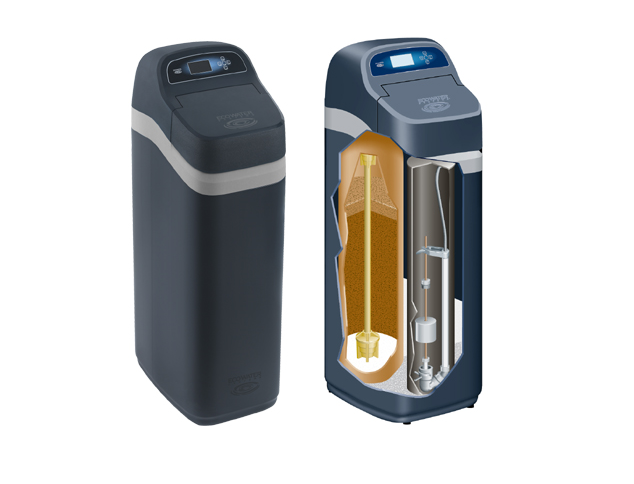Water quality affects everything from the taste of our tap water to how efficiently our appliances do their job. Hard water, containing high levels of calcium and magnesium, may cause scaling on surfaces, ineffective operation of appliances, and skin irritations. Water softeners can help with this, but with so many options available, it can be overwhelming when it comes to making a decision. Here are the most crucial elements when choosing a water softening system.
Knowing Your Water Hardness
Measure your water’s hardness before buying a water softener. You can request a report on the quality of your water from your local water source, which usually contains mineral content. You can also buy testing kits for water to detect hardness. Any content above 7 grains per gallon or parts per million is called hard water. Knowledge about hardness will aid you in choosing the appropriate capacity of a system that will be suitable for your water treatment.
Identify Home Needs
Your household’s water usage needs to be evaluated once you have known your water hardness. The unit you will need for your house depends on the family size and daily water usage. A four-person home requires a completely different unit than does a single-person home. Usage can be measured in “daily gallons per day” (GPD), including bathing, dishes, and laundry. Calculate your water softener grain capacity by multiplying daily water demand by water hardness. Making clear your demands helps to choose the right units according to the budget and family size.
Select the Right Water Softener
Each type of water softener has its specific merits. Salt-based, salt-free, and reverse osmosis systems exist. Salt-based methods are the most common and successfully remove hardness minerals via ion exchange. Salt and maintenance are required for these systems. These systems condition water instead of removing minerals, so they are more ecologically friendly but less efficient when it comes to hard water. Often used with other filtration systems, reverse osmosis systems filter rather than soften water. Select a unit that suits your lifestyle and values by determining your needs and wants.
Consider installation and maintenance
Consider installation and maintenance when choosing a water softener. Some homeowners choose DIY system installation, while others engage an expert. Salt-based systems need more complicated installation, which may require plumbing changes. Consider the system’s maintenance demands; salt-based units need frequent salt replacement, while others may need alternative maintenance. Before buying, read the manufacturer’s maintenance instructions.
Assess Cost and Efficiency
Water softeners vary in price depending on kind, capacity, and features. In addition to the initial increased cost, a better unit will save you money on energy and cost, for such an extended period, long-term. It will help in cutting family costs by improving water heaters and dishwashers from scale building. Some of them have features timed for regeneration purposes only when needed, thus not consuming much energy. Researching and comparing models might help you in deciding on your upfront and recurring expenditures.
Read reviews and get advice
Before buying, you need to read reviews and ask friends, family, and experts. Online forums and customer reports may unveil the true performance and reliability of a water softener. You can also check the certificates from the reliable institutions to select a suitable item. Ask other homeowners about their experiences with different brands and models for practical experience that statistics and specs cannot tell. Long-term pleasure using a water softener can be enhanced by being more informed in making the right selections.

